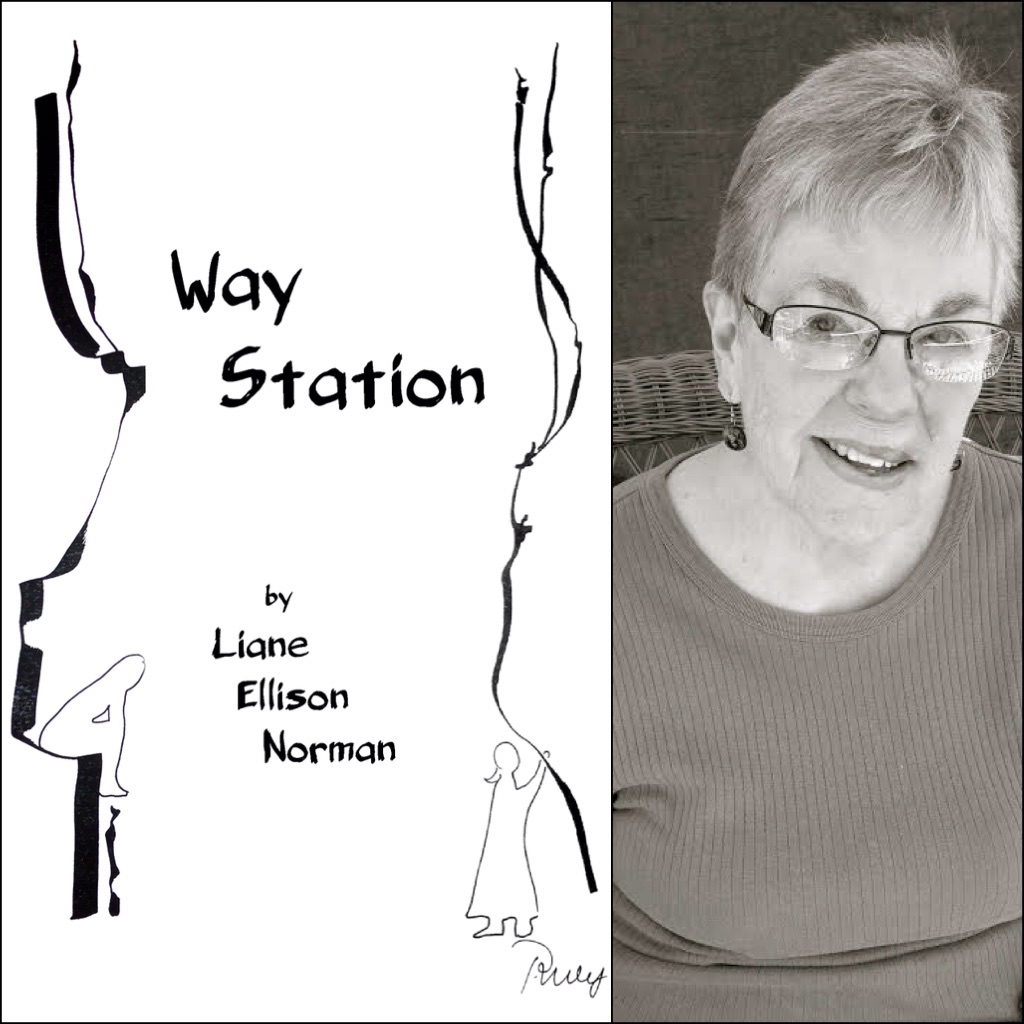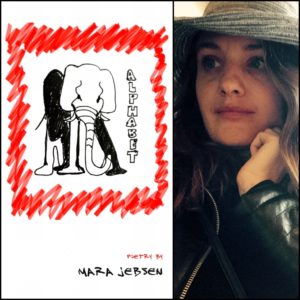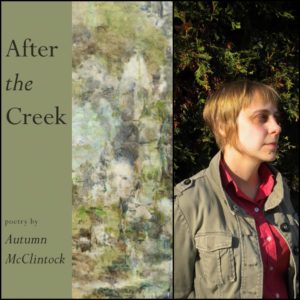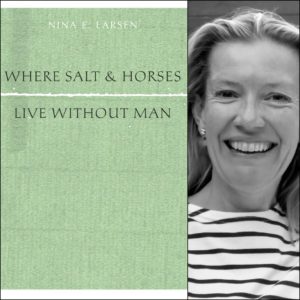In Way Station, Liane Ellison Norman writes us into new ways of naming, new ways of regarding the wonders around us. When you step into one of these poems, such as House of the World, you are truly entering that new house, which will surprise you with astute observations, wise rememberings, and a full-hearted longing. These poems give us the authentic voice bolstered by history: There’s under, preposition showing relationship,// and story, narrative. From protests in Cairo to violence on U.S. streets, this writer speaks for human rights; from the backyard clothesline to her beloved West and the Wasatch Mountains—Ellison Norman is ravenous in her questioning as a woman speaking truth.
-Jan Beatty
A phrase Liane Ellison Norman uses to describe Willa Cather’s writing applies to Norman’s herself: “that clean strong voice.” Whether evoking the intelligence of animals, decrying injustice against American blacks, or attesting to the power of music and literature, Norman’s poems in Way Station (her third volume of poems) consistently show “a way to mark the world for good.” Ants“cure disease/ by licking their sick ants,” thus immunizing themselves. And, describing the absence she feels twelve years after the death of her youngest child, Norman writes, “the missing tooth/ preoccupies the tongue.” This is a volume to read, reread, and love each time.
-Susan Shaw Sailer, author of Coal and Ship of Light
In Way Station, we find ourselves lost in discovery, on our backs looking up, guided by “A Field Book of the Stars,” then lying “trapped and injured” with a dead wife in the rubble of post-earthquake Port au Prince in “Surviving.” Both experiences live in close proximity in Liane Ellison Norman’s poetic world where the quotidian, if we truly care to notice, is constantly making us “new to a strange land,” where “there’s a problem / of logistics.” Norman’s journalistic observations and factual language ground us, but it’s her masterful use of the line break, her daring leaps between seemingly disparate subjects that snap us into realizing, “This is home. We don’t often see it / because we live here and don’t often look.”
-Celeste Gainey, author of the GAFFER






Reviews
There are no reviews yet.